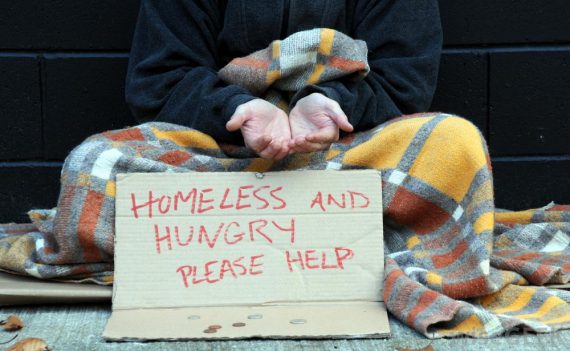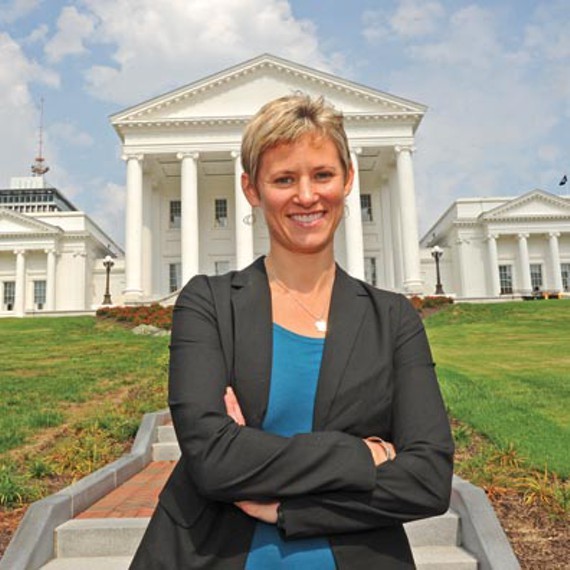
(9-4-17) Health and Human Services Secretary Thomas Price called serious mental illness a “silent epidemic” that touches nearly all Americans. Housing and Urban Development Secretary Ben Carson agreed. But where were their peers when the Interdepartmental Serious Mental Illness Coordinating Committee (ISMICC), created by Congress, held its first meeting last week?
The 21st Century Cures Act stated that these top federal officials would be members of the committee.
Attorney General Jeff Sessions.
Secretary of Veterans Affairs David J. Shulkin.
Secretary of Defense James Mattis.
Secretary of Education Betsy DeVos.
Secretary of Labor R. Alexander Acosta.
Commissioner of Social Security Nancy A. Berryhill.
I know I am nitpicking. All of these leaders work grueling hours and simply can’t be everywhere the public would like them to be. Plus, they sent senior officials from their agencies to represent them, many of them mental health experts.
But the Trump Administration missed a opportunity by not having its elite leadership team appear at the inaugural meeting, even if it were only long enough for a photo. (See photo at end of this blog showing those who did attend.) Each agency also should have issued a press release on the day of the meeting issued by its top executive addressing how their agency is working on improving mental health services and is reducing stigma within its own ranks.
Consider the powerful, positive message their appearances would have sent to the public and to the federal employees who work in their agencies.
Last week, I posted Secretary Price’s impressive opening statement and in this blog, I will share Dr. Elinore McCance-Katz’s important remarks to the committee.
But first a personal observation. When Secretary Price arrived at the meeting, he spoke to everyone in the room, asked their names, and shook their hands. Unfortunately, Secretary Ben Carson arrived at the last minute and left immediately after he spoke so he was unable to greet everyone.
When I worked at The Washington Post, I spent several weeks traveling with Archbishop Desmond Tutu. He made a point of introducing himself to every doorman, every food server, and the housekeeping staff when we traveled, at times, he did this before greeting dignitaries. I never forgot the visual statement it made: you are important regardless of whether you are the head of a great university or a janitor. You matter.
You might not agree with Secretary Price’s politics, but he showed tremendous class when he arrived at the meeting and took time to introduce himself and shake hands.
As for the others, they missed an important moment when they could have done tremendous good simply by showing up for a picture.
Remarks by Assistant Secretary Dr. Eleanor McCance-Katz
Thank you Secretary Price.
- In my role as Assistant Secretary for Mental Health and Substance Use, I am pleased to pledge the support of SAMHSA to the Secretary’s priority issue related to Serious Mental Illness. As many of you know, SAMHSA is the agency within HHS that is charged with leading the efforts to address behavioral health issues, such as SMI and SED in our country and I look forward to the work of this committee in helping SAMHSA to address this mission.





